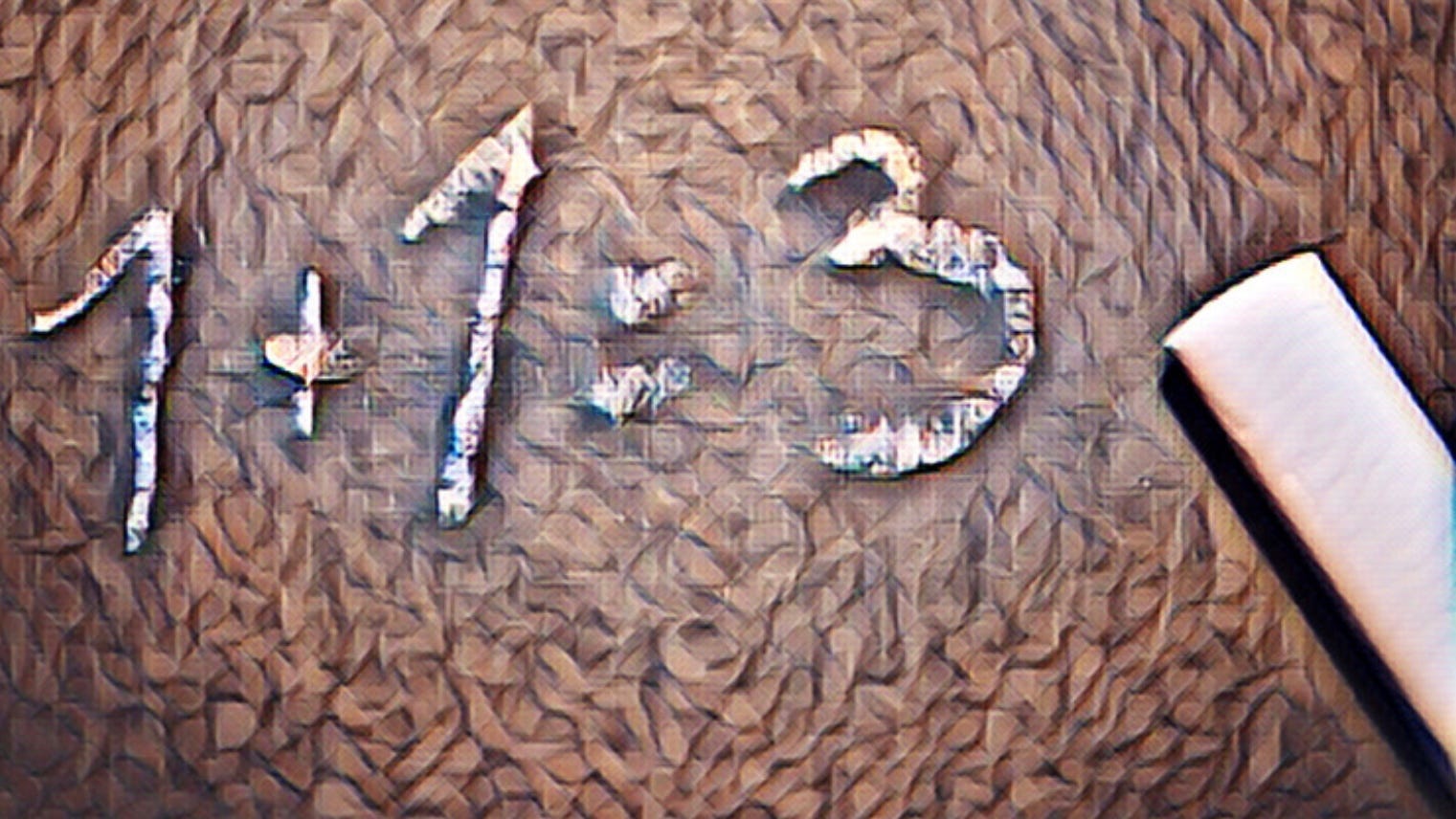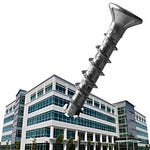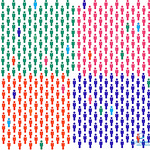A friend of mine is a cop who used to teach in a big city training academy. My friend has a sharp intelligence and restless mind along with the persistent temerity that often accompanies those qualities. This combination allows him to see and understand what others might overlook or willfully ignore. He also suffers from a sizable sense of integrity. As a police instructor, he sometimes expressed frustration at the curriculum. I have reviewed several curricula of police training academies in my past life as a dean overseeing Criminal Justice departments, and I must say I was underwhelmed from a pedagogical standpoint. They were too long on specifics and too short on perspective. My friend’s misgivings were certainly warranted.
He — being himself — pushed against the strictures and shortcomings of what he was supposed to teach, and made some headway in getting things done more effectively. It is almost impossible to overcome structural inadequacy, but my friend was as successful as he could be. He engaged his cadets in his inimitable way and certainly provided them training that surpassed the sum of the parts available to him.
One of my friend’s biggest frustrations, though, was not with what did or didn’t happen in the academy. It was what happened immediately after. Upon graduation, the soon-to-be rookies would be paired with a trainer, a veteran cop who would be their guide and mentor as they learned the ways of policing in the field, which is to say, the streets. Typically, the first thing a field trainer said to his or her charge was “forget everything you learned in the academy.”
You may have heard this line before. It is a law enforcement cliche, but it has some merit. After all, as any educator of any sense knows, you can’t just teach someone abstract material and expect much success when you send them out into the world. The hands-on nature of fieldwork is a powerful teaching tool. My friend knew this, and one of the reforms he tried to make to his academy’s curriculum was to offer more practical training, such as simulations.
Unfortunately, while the field trainers are right about the power of hands-on learning, they were wrong about the cadets’ academy studies. As flawed as the curriculum was, it still contained vital information and important material — such as, uh, the law — that a few months or even years of field training just could not replicate. By telling them to forget the academy, the trainers were discarding all the dross of the academy curriculum, for sure, but also all the gems, and thereby setting up the cadets to replicate the kinds of problematic scenarios we see in so many of our police forces. Policing challenges have as much to do with poor training as with bad apples and systemic dysfunction.
More than the Sum
Now I want to bring this all back to a subject I know a great deal more about: higher education in the U.S.
Students, parents, employers, and even some college administrators and faculty often express consternation with the broad-based or liberal learning typically taught in our colleges and universities. Some people mistakenly imagine that it needlessly delays, distracts from, or even dilutes specialized study in the major. I have served under a university president who more than once told me that such broad-based education was “just an employment scheme for faculty who would otherwise be unemployable.” He was not a very good president.
The classic analogy for this liberal education starts with picturing a capital T. The vertical leg of the T represents the specialized knowledge you gain from your college major. The horizontal bar of the T represents the broad learning that is required for a student to have a complete education. Studying in the major runs narrow but deep while liberal education is shallow but broad. The analogy is limited — unnuanced, outdated, and stodgy — but it gets you there reliably enough. It is the Model T of higher ed.
In many college curricula, this broad-based learning — the horizontal top of the T — is called “general education” although it goes by many names and can take many forms. General education is why a nursing major must study history and art, why a physical education major must study algebra and communication. It is the reason an English major has to take a lab science and psychology. It is the purpose behind everyone taking a writing course.
Frankly, I can go on and on and on about how counterproductive and ineffective many general education requirements are. I am a big supporter of the ideals of general education but was, when I worked in higher ed, a persistent advocate for innovation and reform. Nonetheless, the overall concept is both sound and critical to superior education. I have even argued that general education can be more impactful than what students study in their majors.
Many Americans do not realize that our tradition of liberal education is fairly distinctive in history and in comparison to most of the planet’s other higher ed systems. Part of this distinctiveness is all those “extra” or “useless” or “bullshit” courses students take on top of their major courses. These general education courses are much like what cops are supposed to to take away from the police academy as they go out into the field. That seemingly extra stuff heightens your ability to perform in your chosen field and to navigate the world intelligently. Furthermore, and this is a fact, most people, including college graduates, will change their career field several times before retirement. I have done so myself, and that transition benefits from learning in a variety of disciplines, methodologies, and modes of thinking, howsoever that occurs.
For instance, having a grasp of the scientific method can enhance a historian’s practice and may even influence their research methodologies. A businessperson who is familiar with the nuances of writing and speaking is going to be a much more effective and persuasive communicator. An engineer who understands the subtleties of artistic creation will have a leg up in designing new systems. A software engineer will be well served by a comprehension of human behavior, particularly when pursing that dream of becoming an entrepreneur. And let’s not forget the role of such learning in everyday human interactions and experiences.
Did you ever wonder why some computer applications almost seem designed to drive you nuts? Have you ever expressed frustration about a bank manager’s lack of comprehension and empathy? Have you ever thought about why a few cops act as though civilians are a different species while the rest recognize that we are all in this thing together? Most likely, no matter how good some individuals are at their most narrow tasks, their broader shortcomings are due to their poor understanding of world at large. They cannot grasp how you see the world because of their mediocre education in general. In fact, the things we learn that may seem irrelevant are often the most relevant of all even if we cannot perceive it. They enhance rather than detract.
In that way, as my friend the former police academy instructor understood, learners are best served by an array of knowledge and understanding. Your education is the sum of all you learned — whether you thought it valuable or not — and the best learners know that learning is more than the sum of its parts. When it comes to learning, 1 + 1 = 3.
What more can you gain from truly understanding how all your learning in school and in life applies to your day-to-day work? How can you capitalize on the sum of your learning rather than just the parts?
You can tap into the full potential that all your learning offers, and I can help. Click below for your free consultation.
Share your thoughts on this topic or participate in a discussion by leaving a comment below or by contacting me directly by email:
You’ll have to register with Substack and sign in to leave a comment, which is painless and free.
Please share this post on social media.
And don’t forget to click subscribe to have Tools+Paradigms sent directly to your inbox. I look forward to hearing from you.
Opening and closing podcast theme music by LiteSaturation from Pixabay













